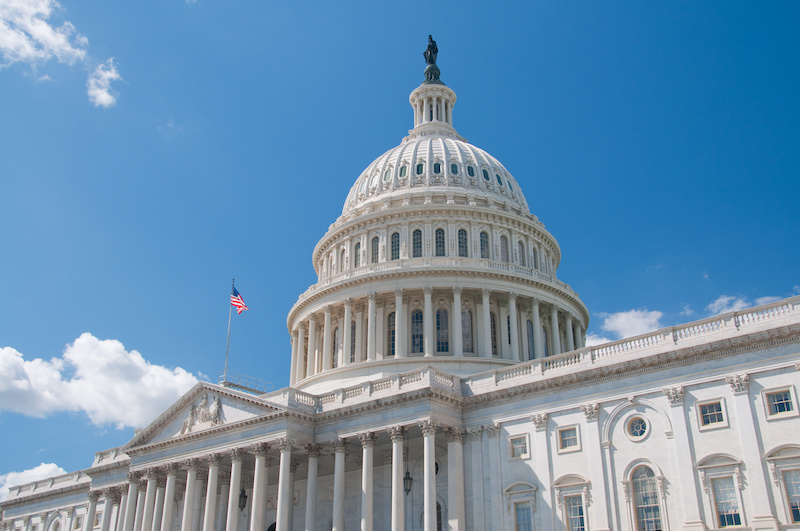With the likes of Larry Summers, Ben Bernanke, and Robert Zoellick decrying the state of US leadership in institutions like the IMF and the multilateral development banks (MDBs) in recent months, it was heartening at first glance to see a key Republican in Congress join the fray. Rep. Kay Granger, the House Republican’s lead on foreign assistance, had this to say in releasing the party’s overseas spending bill: “[t]he United States must do more to lead on the world’s stage.” It’s an encouraging statement because Granger and House Republicans are actually in a position to do something about it. And when it comes to exerting US leadership globally, the IMF and the MDBs have long been key instruments and partners.
Unfortunately, I don’t think I’ve ever seen greater distance between rhetoric and numbers when it comes to an appropriations bill. Remarkably, on the heels of China seizing the multilateral limelight with the creation of the Asian Infrastructure Investment Bank, House appropriators have responded not just with deep cuts to multilateral institutions like the World Bank and African Development Bank, but draconian ones. The House’s foreign assistance bill provides less than half of the funds needed to meet existing US commitments to the multilaterals (just $1.4 billion of the $3.2 billion needed). As the expression goes in budget circles, that’s not a haircut, it’s a beheading.
Sure, the House routinely cuts the president’s budget. But for comparison, the House last year provided $2.4 billion of the president’s $2.9 billion request for multilateral assistance. More importantly, in recent years, Senate appropriators could be counted on to offer up more funding than the president asked for. As a result, the reconciled funding bills at least came close to meeting US multilateral commitments. This year, it’s hard to imagine that a Republican Senate will provide more multilateral funding than the president has requested.
This situation only looks worse when we consider that the president’s request itself is far from ambitious in projecting US multilateral leadership. One of the characteristics of the US budget process is that multilateral funding requests are backward looking. That is, the president seeks funding from Congress for commitments his administration has already made. As a result, when Congress fails to come through, the US appears to be backtracking on the world stage. Of course, this is nowhere more evident than at the IMF, where a 2010 US commitment still has not been approved and funded by Congress.
As administration officials contemplate new multilateral commitments in the months ahead, any ambitious plan they might have had is certainly being tested by the situation on the Hill. Like Mike Tyson said, “everybody has a plan until they get punched in the face.” From the administration’s perspective, how can we consider Chinese-style ambition for institutions like the Asian Development Bank or World Bank when Congress is gutting our existing (and in many cases long-standing) commitments?
It’s a question that lacks an easy answer. But the president himself has signaled pretty clearly that he does not intend to roll over during his remaining time in office in the face of a hostile Congress. In part, this will require fighting for his multilateral budget on the Hill this year, particularly in the Senate, where there is an element of bipartisan support for the multilateral institutions.
But it might also mean taking advantage of presidential election season dynamics. One of the benefits of a presidential campaign is that it forces the parties to think and talk in terms of principles and strategy on issues, including questions of a global nature. If key candidates wish to align themselves with the House stance on multilateral support, then why not make that distinction even clearer by laying the groundwork for bolder international commitments, ones that better reflect a strategic view of multilateralism?
The United States first introduced a vision for projecting leadership through multilateralism at Bretton Woods, New Hampshire over 70 years ago. The Chinese are now adopting this vision and strategy as their own. As the presidential campaigns increasingly dominate the agenda in the months ahead, both parties would do well to consider whether they will let small-minded budget politics stand in the way of reclaiming the mantle of Bretton Woods.
CGD blog posts reflect the views of the authors, drawing on prior research and experience in their areas of expertise.
CGD is a nonpartisan, independent organization and does not take institutional positions.





